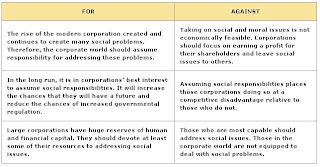India's education conundrum
The Annual Status of
Education Report -2012, published by Pratham, a community building
organisation, shows a sharp decline in children’s reading levels over
the last three years. This has raised serious
questions about the RTE (the Right of Children to Free and Compulsory
Education) that employed continuous and comprehensive evaluation of
students, freeing them from the burden of exams through primary
education. In most developed countries, whose model is followed by the
RTE, primary education is free from the burden of exams.
Before overhauling the system, the government should have made its teaching staff undergo rigorous training to change their mindset of fear- based education into creating a system where children enjoy learning. Removing fear of education should not mean downgrading education. Also, politicisation of the process of selection of teachers, (aka recent Haryana scam judgment) has put the institution of teachers at greater scrutiny. The government should take primary education with greater seriousness, by putting in a system of monitoring the performance of teachers.

Comments
Post a Comment